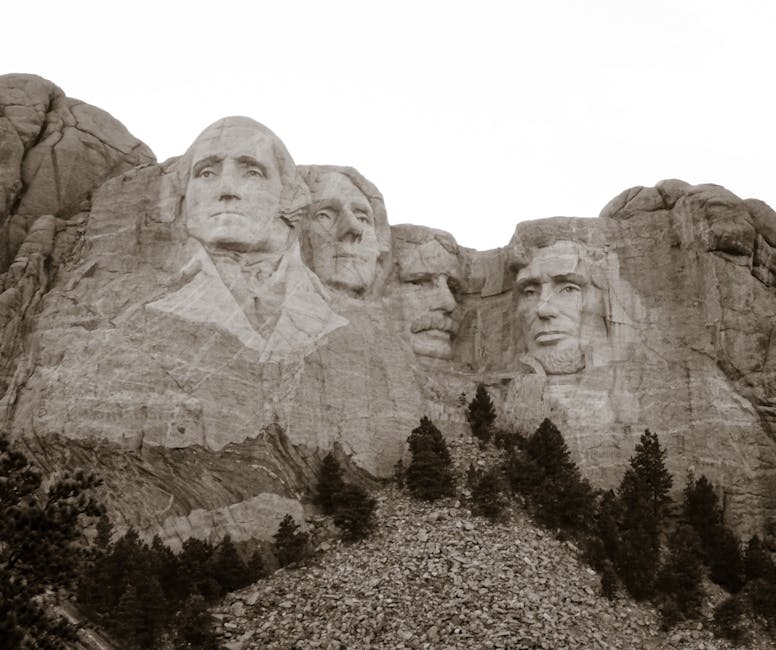**
Dick Cheney’s Legacy Under Fire: From 9/11 to Trumpism
Two decades after the September 11 attacks, Dick Cheney—the most influential vice president in U.S. history—faces a harsh reevaluation. The architect of America’s aggressive War on Terror, Cheney championed unchecked executive power, preemptive war, and mass surveillance. Now, historians ask: Did his policies inadvertently create the conditions for Trump’s populist upheaval?
The Cheney Doctrine: Fear, Power, and the Erosion of Norms
Cheney’s tenure under George W. Bush redefined presidential authority. Key hallmarks of his approach included:
– The Patriot Act – Expanded surveillance with minimal oversight.
– Guantanamo Bay & Torture Memos – Normalized extrajudicial detention and “enhanced interrogation.”
– The Iraq War – Sold as preemptive self-defense, based on disputed WMD claims.
His infamous “1% Doctrine”—acting on even a 1% chance of a threat—justified extreme measures, prioritizing fear over restraint. Cheney’s defiance of criticism, like his 2008 Meet the Press claim of “no regrets,” foreshadowed Trump’s refusal to concede mistakes.
How Cheney’s Playbook Enabled Trumpism
Despite ideological differences (Cheney the conservative institutionalist vs. Trump the populist disruptor), their tactics aligned disturbingly:
- Imperial Presidency – Cheney’s expansion of executive authority previewed Trump’s claims of “absolute immunity.” Both treated Congress and courts as obstacles.
- Fear as a Political Weapon – Cheney’s terror warnings mirrored Trump’s rhetoric on immigrants, “radical leftists,” and the Muslim ban.
- Media as the Enemy – Cheney dismissed critics as “irresponsible”; Trump branded them “fake news,” turning distrust into a partisan tool.
Most critically, Cheney’s norm-breaking—outing Valerie Plame, defending torture, ignoring intelligence dissent—weakened institutional guardrails. This erosion allowed Trump to exploit loopholes Cheney helped create.
Cheney vs. Trump: An Unlikely Feud
Ironically, Cheney now condemns Trump, while his daughter Liz Cheney leads GOP resistance via the January 6 committee. Trump loyalists accuse the Cheneys of hypocrisy, arguing their past actions enabled his rise.
Cheney’s recent interviews condemn Trump’s election lies but sidestep his own role in damaging democratic norms—a gap historians say undermines his critique.
The Unsettling Verdict on Cheney’s Legacy
America’s political landscape today—polarized, distrustful of institutions, and obsessed with executive power—bears Cheney’s fingerprints. The question isn’t just whether he intended to enable Trumpism, but whether his policies made it inevitable.
As the GOP fractures between traditionalists and populists, Cheney’s legacy serves as a warning: when norms bend too far, they may break entirely.
**




